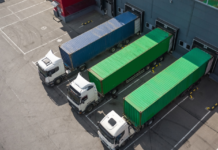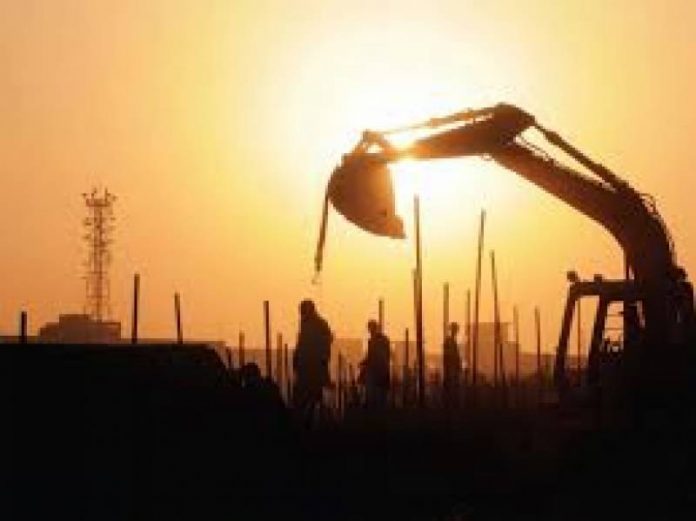Solid waste management has become a pressing issue for humanity, as it continues to increase with the rise in population and civilization. A lack of sustainable solid waste management is posing threats and risks to human life in urban areas. However, this challenge may prove to be a great source of opportunities in terms of income and employment generation for the companies and individuals involved in solid waste recycling.
Currently, solid waste is not managed properly and is mostly dumped in the open at landfills or open grounds in most of the developing countries. Although most of the components of solid waste are inert and useful for reuse and recycling, others may prove highly hazardous and fatal to life on Earth.
Globally, countries produce about 4 billion tons of solid waste, of which 1.2 billion tons comprise municipal waste. Of the total, only 1 billion tons are utilized through various means, and 600 million tons are recycled. Moreover, almost 200 million tons of solid waste is utilized for energy generation.
The biggest producer of waste per capita is Canada, at an estimated 36.1 metric tons per year, which is 10 metric tons more than that in the United States. Canada produces an estimated 1.33 billion tons of waste per year, where 1.12 billion tons comprise industrial waste.
In Pakistan, which is the sixth most populated country in the world, solid waste is a major issue. It generates 30 million tons of municipal solid waste per year. About 50% of this waste is collected for recycling and reuse, but the rate varies from 80% in larger cities to a minimal in most rural areas.
Most of the solid waste is dumped in open grounds and spaces in and around urban centers as landfill sites are almost non-existent. Karachi, which produces 16,500 tons per day, is a major solid waste-producing city because of the highest population, and Lahore, the second most populated city in Pakistan, produces 7,690 tons.
To read the full article visit www.tribune.com.pk























